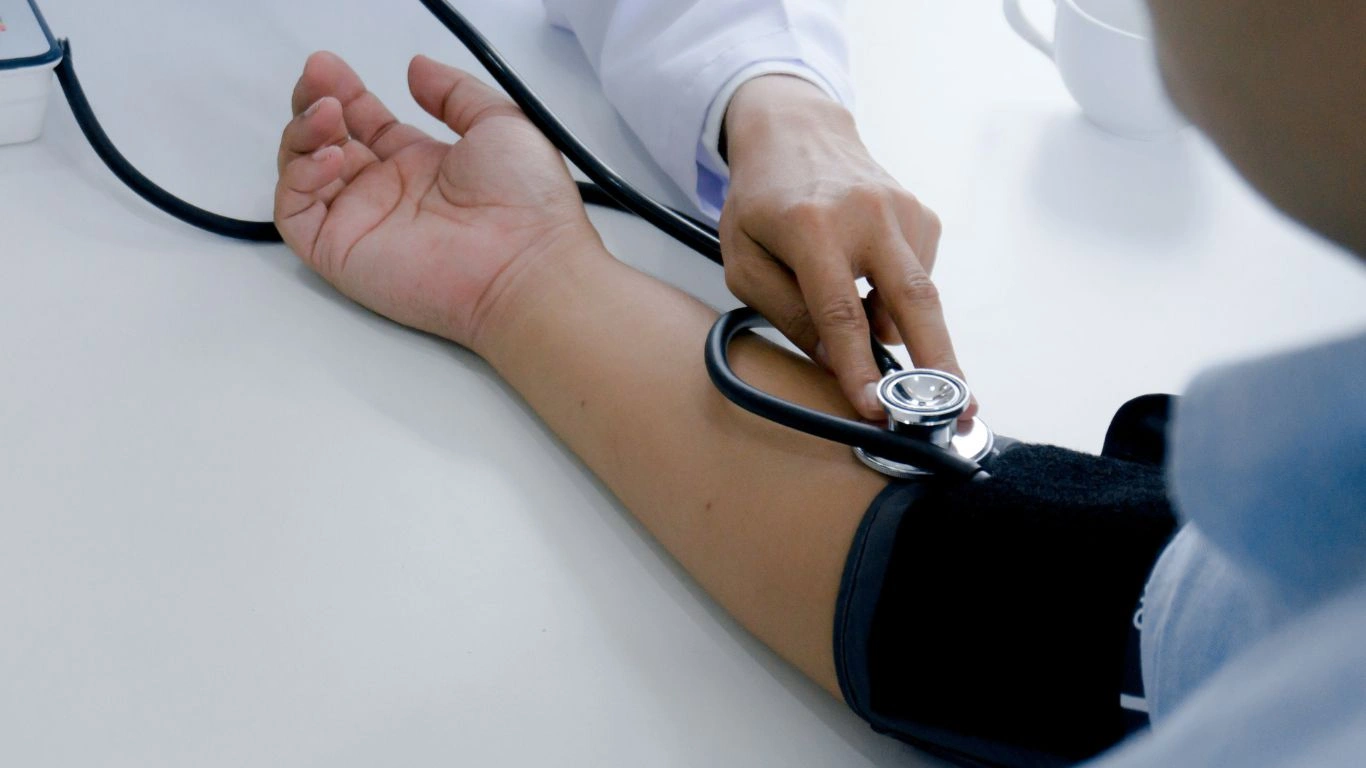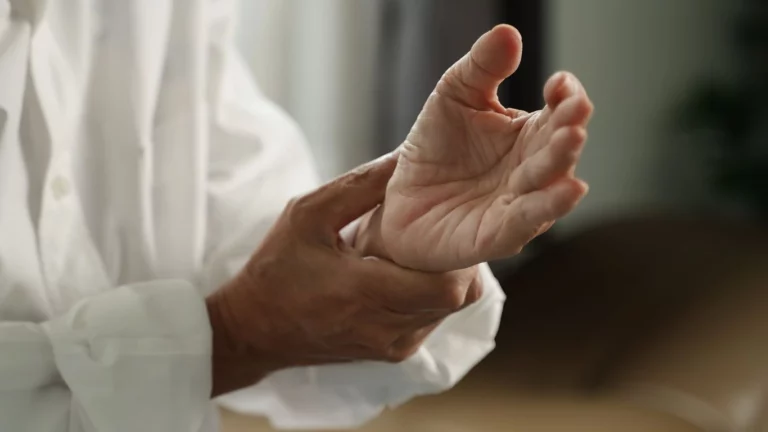The Role of Sleep Tracking in Hypertension: How Monitoring Your Sleep Can Help Control Blood Pressure
Ever wondered how tracking your sleep could actually help lower your blood pressure? If you’ve got hypertension, this might just be a game-changer. Sleep and hypertension go hand in hand, and learning how to monitor your sleep can give you valuable insights into how your rest impacts your health. Let’s dive in!
Why Sleep Matters for Hypertension
Hypertension (or high blood pressure) is a condition that can lead to some serious health problems if left unchecked, like heart disease or stroke. One of the things that often gets overlooked in managing blood pressure is sleep. Yup, your sleep habits can directly affect how well your heart works and how your blood pressure behaves. If you’re not getting enough sleep or if the quality of your sleep is poor, it could be contributing to your hypertension.
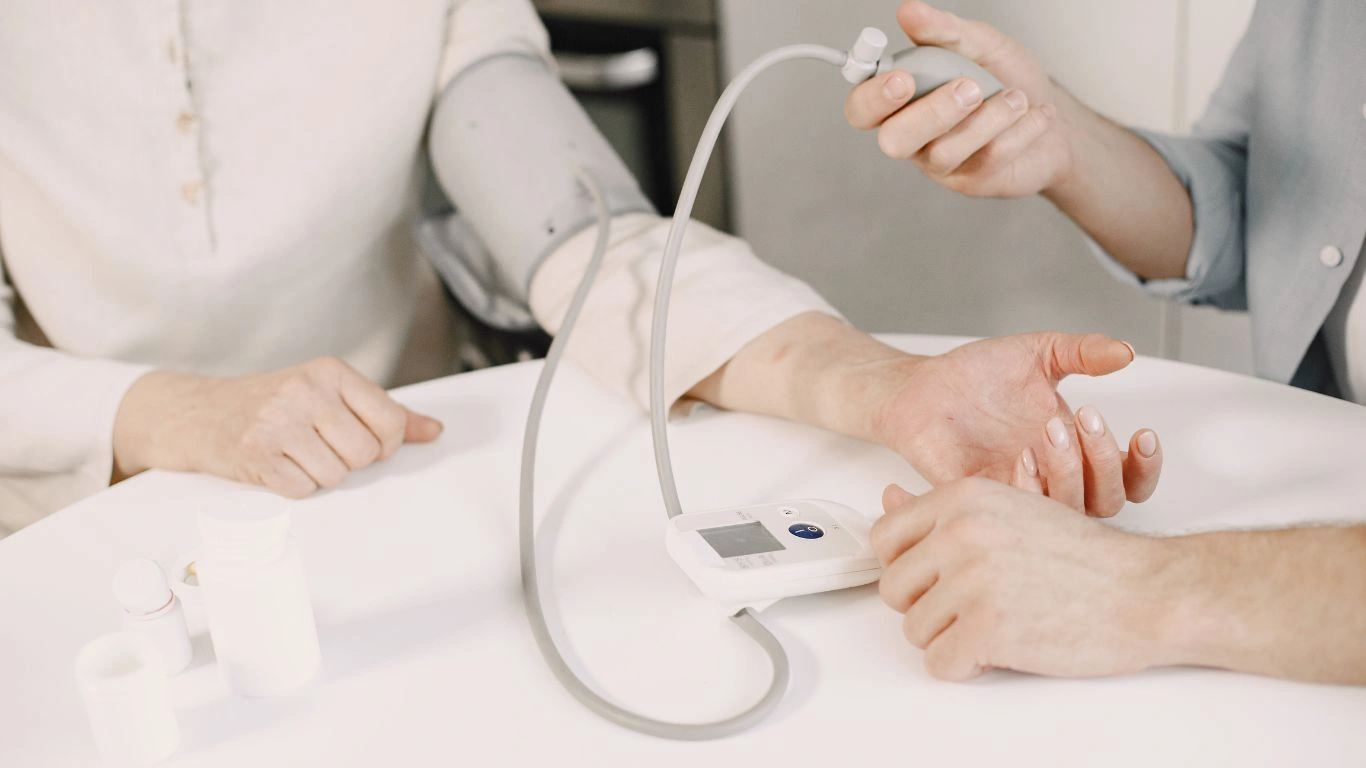
Think about it: when you’re sleeping, your body is doing all sorts of recovery work, including regulating your blood pressure. The better your sleep, the better your body can handle stress, recover, and keep your blood pressure levels in check. Poor sleep? Well, that can trigger your body’s stress response, which might keep your blood pressure elevated.
What’s Sleep Tracking, Anyway?
Alright, so now you’re probably wondering, “What’s sleep tracking and how does it help?” Sleep tracking is the process of using gadgets or apps to monitor your sleep patterns. It tracks things like how long you sleep, how many times you wake up, and the different stages of sleep (like deep sleep and REM). Some advanced trackers even measure things like your heart rate and oxygen levels while you sleep.
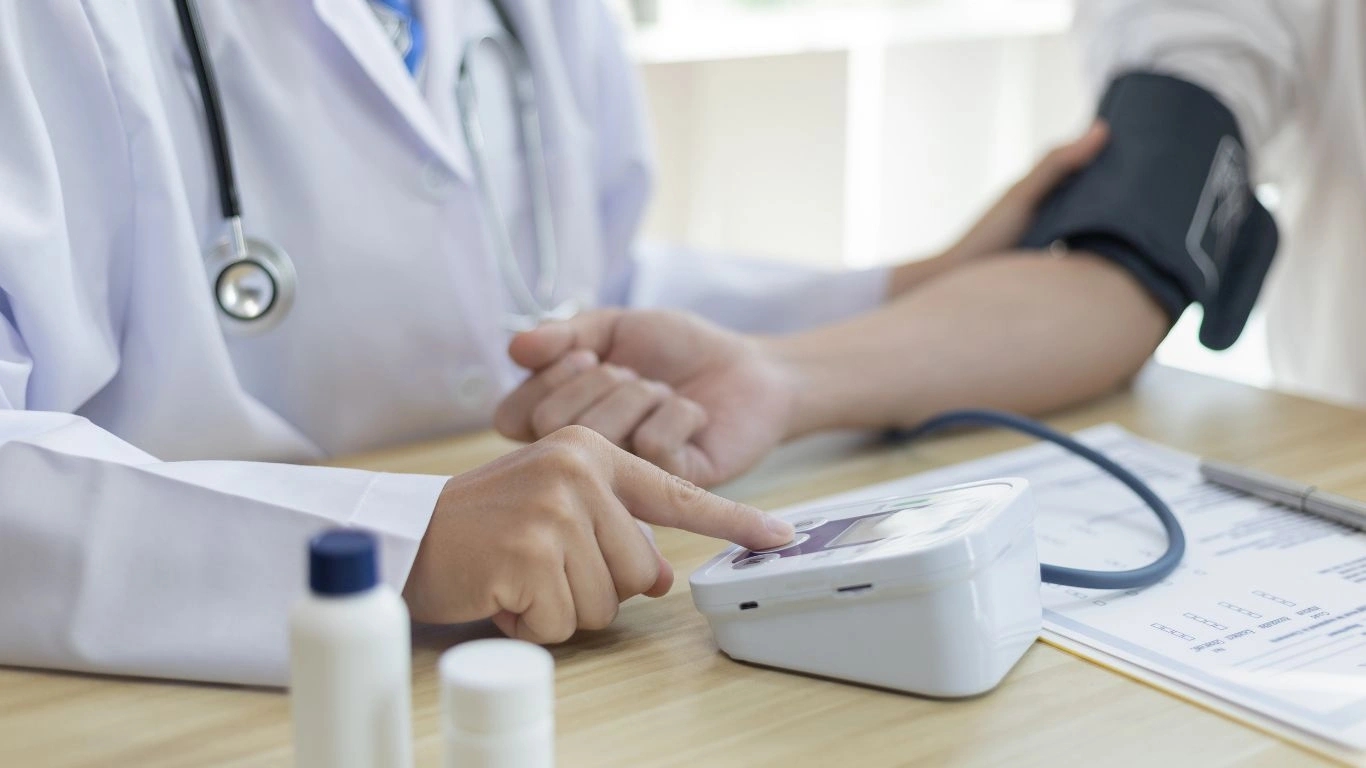
Now, you might be thinking, “Do I really need a fancy gadget to figure out if I’m sleeping well?” Honestly, sleep tracking isn’t just for tech geeks—it’s a useful tool for anyone who’s looking to improve their sleep quality, especially if you have hypertension. By knowing exactly how you’re sleeping, you can make small tweaks to your routine that might have a big impact on your blood pressure.
How Sleep Tracking Can Help with Hypertension
Okay, so how exactly can sleep tracking benefit someone with hypertension? Let’s break it down:
1. Identify Sleep Patterns That Affect Blood Pressure
By tracking your sleep, you can start to see patterns that may be affecting your blood pressure. For example, if you notice that your blood pressure tends to rise on nights when you don’t get enough deep sleep, that’s a big clue that improving sleep quality could help lower your readings. Sleep trackers give you a clear picture of your rest habits so you can pinpoint the areas where things might be going wrong.
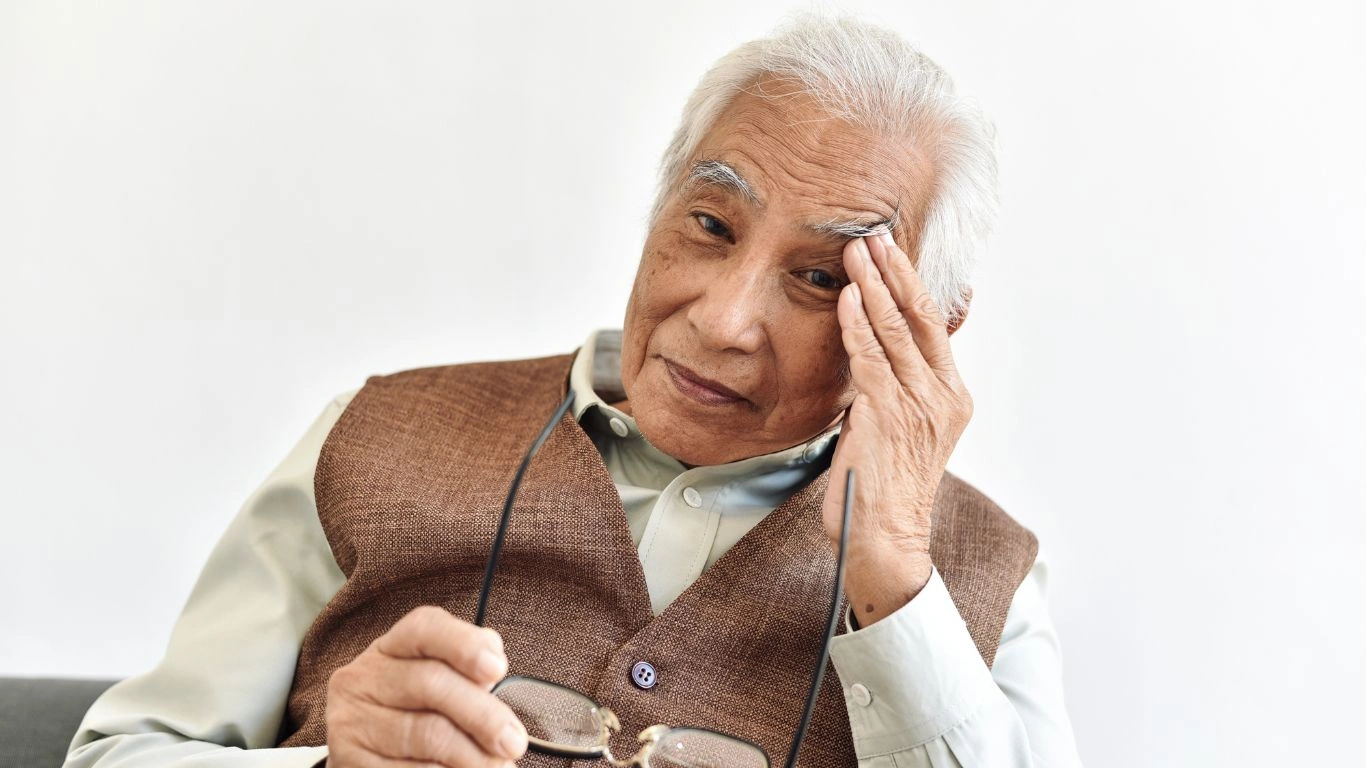
2. Track the Impact of Sleep Disorders
Sleep apnea is one of the most common sleep disorders that’s linked to hypertension. It causes interruptions in your breathing while you sleep, and those pauses can raise your blood pressure. If you have a sleep tracker that monitors your oxygen levels and heart rate, you might be able to spot signs of sleep apnea. The sooner you catch it, the sooner you can address it with your doctor, which could lead to better blood pressure management.
3. Set Sleep Goals and Stick to Them
When you know how much sleep you’re getting (or not getting), it’s easier to set realistic sleep goals. Sleep tracking apps often have features that allow you to set targets for your nightly sleep and track your progress. Sticking to a consistent sleep schedule is key for hypertension management, and having those tracking tools can motivate you to hit those goals.
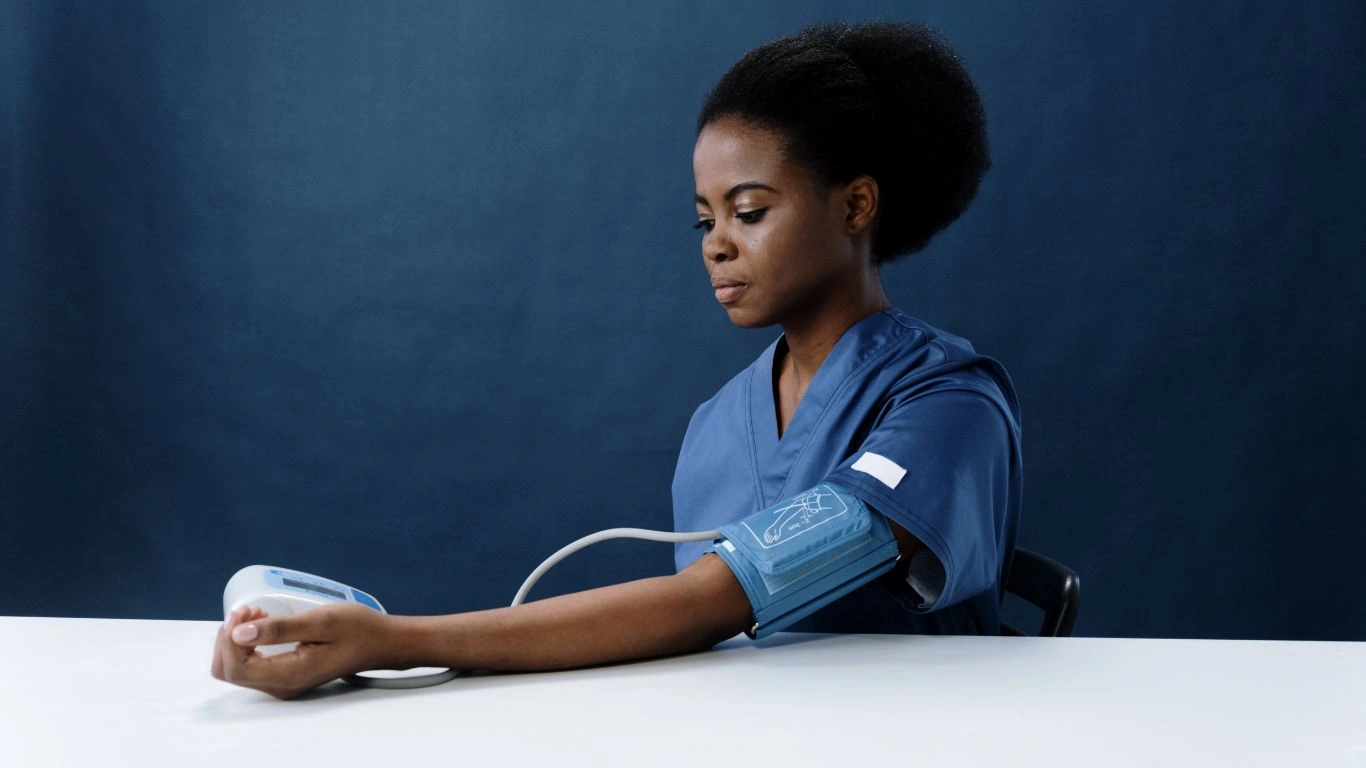
Sleep Tips for Better Blood Pressure Management
Here are a few quick sleep tips to help manage hypertension:
1. Stick to a Sleep Schedule:
Try to go to bed and wake up at the same time every day, even on weekends. This helps regulate your internal clock and improve sleep quality.
2. Create a Relaxing Bedtime Routine:
Wind down before bed with calming activities like reading, stretching, or meditating. Avoid heavy meals, caffeine, and alcohol close to bedtime.
3. Limit Screen Time Before Bed:
Blue light from phones and computers can mess with your sleep, so try to avoid screens for at least 30 minutes before hitting the hay.
4. Create a Sleep-Friendly Environment:
Keep your bedroom cool, dark, and quiet to help you sleep better. Consider investing in blackout curtains or a white noise machine if you’re sensitive to light or noise.
Conclusion
So, yes—you can totally eat sushi with braces! Just stick to softer ingredients, avoid anything too crunchy or sticky, and always remember to brush after eating. You’ll be able to enjoy your favorite sushi rolls without worrying about damaging your braces. It’s all about being smart with your choices!
Appendices
FAQs
- How does sleep tracking help with hypertension?
Sleep tracking helps you monitor sleep quality and duration, identify sleep disorders, and adjust your habits to improve blood pressure.
- Can sleep tracking detect sleep apnea?
While sleep trackers can’t diagnose sleep apnea, they can help detect irregularities in your breathing patterns, which might prompt you to seek medical advice.
- How much sleep do I need for hypertension?
Most adults need 7-9 hours of sleep per night. Consistency is key—regular, quality sleep is important for managing blood pressure.
- Can a sleep tracker improve my sleep quality?
Yes! Sleep trackers give you insights into your sleep patterns, so you can make targeted changes to improve your rest and, by extension, your health.
- Are there any risks to using a sleep tracker for hypertension?
Sleep trackers are generally safe, but they should not replace professional medical advice. Always consult with your doctor for hypertension treatment.
References
- National Heart, Lung, and Blood Institute (2023). Hypertension and Sleep. Read Article
- Sleep Foundation (2024). Sleep and Hypertension: How Poor Sleep Affects Blood Pressure. Read Article
- American Heart Association (2023). The Link Between Sleep and Heart Health. Read Article
Disclaimer
The information in this article is for educational purposes only and should not be used as a substitute for professional medical advice. Always consult your healthcare provider before making any changes to your treatment or sleep habits.

Dr. Gwenna Aazee is a board-certified Internal Medicine Physician with a special focus on hypertension management, chronic disease prevention, and patient education. With years of experience in both clinical practice and medical writing, she’s passionate about turning evidence-based medicine into accessible, actionable advice. Through her work at Healthusias.com, Dr. Aazee empowers readers to take charge of their health with confidence and clarity. Off the clock, she enjoys deep dives into nutrition research, long walks with her rescue pup, and simplifying medical jargon one article at a time.

